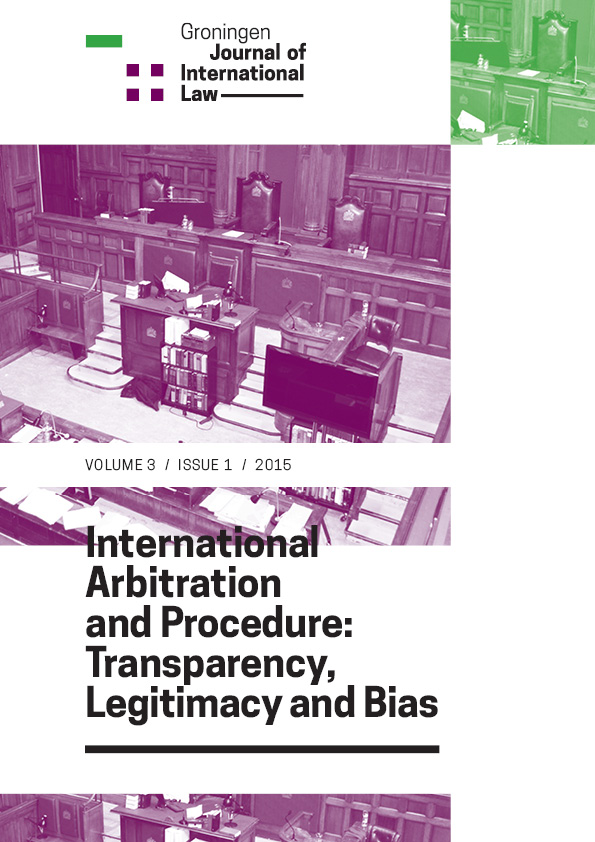Drafting and Interpreting International Investment Agreements from a Sustainable Development Perspective
DOI:
https://doi.org/10.21827/5a86a8818aaebKeywords:
INVESTMENT TREATY ARBITRATION, INVESTMENT TREATY INTERPRETATION, SUSTAINABLE DEVELOPMENT, INVESTMENT POLICY MAKING, SYSTEMIC TREATY INTERPRETATIONAbstract
The proliferation of International Investment Agreements (IIAs) and treaty-based investment arbitration has raised concerns over the extent to which IIAs are actually fair and are able to balance the interests of foreign investors and States. The strong protections afforded by IIAs to investors may restrict the host State’s ability to regulate for the public interest and potentially allow newly adopted public policies to be subject to compensation. Several economic transactions that have qualified as investments for treaty protection have fallen short of contributing to the host State’s sustainable development. They have not added to the generation of employment and growth, the transfer of new technologies and knowledge or the strengthening of infrastructure. Nor have many of these economic transactions contributed to the home country’s development. Moreover, regulatory measures adopted with the aim of fostering sustainable development (ie environmental measures) have been successfully challenged by investors. In some cases tribunals have interpreted these measures as creeping or indirect expropriations, therefore requiring compensation. Both the lack of consideration for the host State’s interests under international investment law and the limitation to the State’s policy space have been perceived as having negative implications for the development of the country, and in particular for the adoption of sustainable policies. Though little empirical evidence exists, it has been suggested that investment arbitration is a threat to the adoption of public policy regulations and may even have a ‘chilling effect’ on them. A possible way forward is the negotiation of a new generation of investment treaties, as well as the renegotiation and revision of the existing ones. These changes are needed in order to balance the interests of States and investors and to incorporate innovative features in light of the necessary policy space that States require in order to foster sustainable development through the application of dynamic social and environmental norms and regulations. Another alternative is the adoption of interpretative approaches, which ultimately foster sustainable development goals. The preferred options are the contextual and dynamic interpretation of the intention of the contracting States, as well as the systemic integration of international rules and norms into investor-State disputes.
Published
Issue
Section
Open Access Creative Commons


